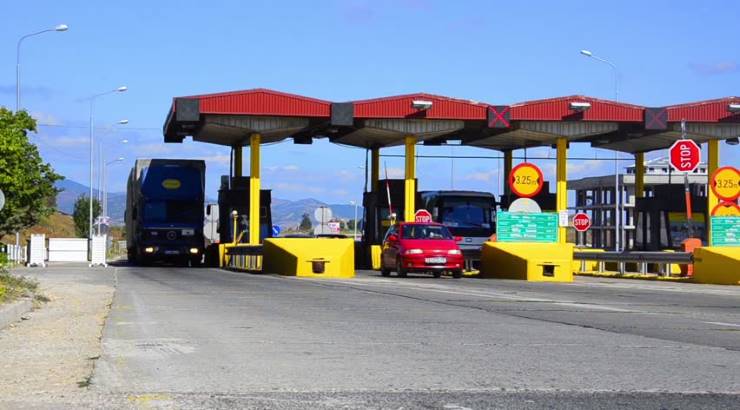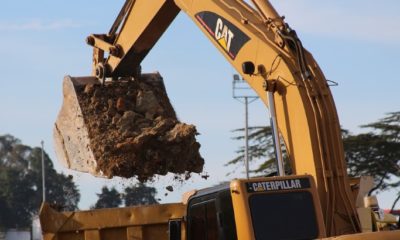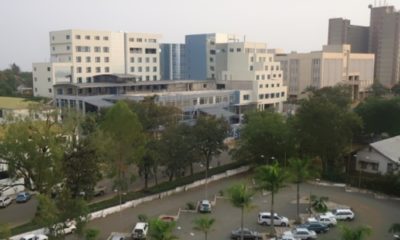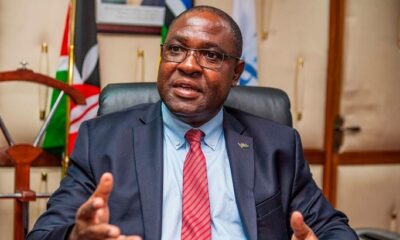Infrastructure
Kenya pushes plan to use tolls to fund new highways
The government wants to avoid taking loans to build roads.

The Kenyan government is now turning to road tolls to raise money to finance highway projects as it races to upgrade its transport infrastructure without taking out new loans.
Private investors, who the State is scouting for, will build and operate at least five toll roads across the country in a move aimed to improve expansion and maintenance of highways.
Some of the key highways earmarked for tolling include the Nairobi-Nakuru-Mau Summit road, Jomo Kenyatta International Airport (JKIA)-Rironi highway, the proposed Nairobi-Mombasa Expressway, Nairobi Southern Bypass, Thika Superhighway, and a second Nyali bridge that will connect Mombasa Island to the mainland.
The highways will be built through a Public Private Partnership (PPP) model, where investors build, maintain and operate a road for 15-20 years to recoup their investments before handing over the facility to the government at the end of the contract.
The government is trying as much as possible to avoid taking out loans to fund its roads projects at a time when the country’s public debt has just hit a record Sh6.4 trillion.
While reading his Budget statement on Thursday, Treasury Cabinet Secretary Ukur Yatani said the government is reworking the public private partnership (PPP) framework to allow for the introduction of toll fees for use of major highways.
READ: US firm wins deal to build Kenya’s first high-speed highway
Mr Yatani said the plan targets to mobilise about Sh200 billion in the 2020/21 fiscal year by closing funding for “several projects” that are now at an advanced stage of negotiations.
“To further support such partnerships, I propose to amend the Public Roads Toll Act to enable the persons, who enter into an agreement with the government to collect road tolls on roads constructed and managed under such agreements,” he said.
The Cabinet Secretary said reforms on the PPA Act will make it easier for highway developers to operate. These changes, Mr Yatani said, will include the removal of unnecessary processes that make it hard for developers to build roads under the PPP framework.
A Bill has already been tabled in Parliament seeking to revive 15 toll stations that previously saw motorists paying to use roads such as Nairobi-Mombasa, Nairobi-Nakuru, Nairobi-Thika, Nakuru-Nyahururu, Ahero-Kisii, and Kisumu-Busia highways.
While the amount of fees to be paid by motorists is yet to be determined, earlier proposals indicated that drivers would be charged depending on the type of their vehicles with saloon car motorists paying Sh1.20 per kilometre.
Drivers of vans and pick-ups would part with Sh1.79 per kilometre, while medium trucks and buses would pay Sh2.39 per kilometre.
Operators of big trucks would be charged Sh3.59 per kilometre.
While critics of the project acknowledge that the government must find new ways to fund infrastructure projects, they doubt the model will succeed locally.
“Kenyans will go out of their way to avoid the tolls. Vehicles will end up on minor roads not built for high volumes of traffic and this will see them getting torn up more quickly,” says Job Maina, a Nairobi resident.
There are also concerns that toll is a double tax on top of the road maintenance levy, currently charged at Sh18 per litre for petrol and diesel, and it will hurt many motorists.
READ: Sh230bn Nairobi-Mombasa highway set to get underway
Kenya introduced road tolls in the late 1980s but tolling was scrapped less than a decade later in favour of the road maintenance levy following public outcry over widespread corruption at the toll stations.
It remains to be seen whether the government will succeed this time round. However, early signs indicate the plan will face huge legal encounters including demands that the government provides toll-free roads for those who may not want to pay toll charges.
In 2016, KeNHA erected billboards on the Southern Bypass informing motorist of its intention to introduce toll charges. This sparked a public outcry prompting Transport secretary James Macharia to order immediate suspension of the plan.
“Whereas the government has proposed to develop and maintain some roads in the country through tolls, the said billboards are premature and unauthorised as the government is yet to adopt an elaborate policy on road tolling,” Mr Macharia said in response to the notice.












